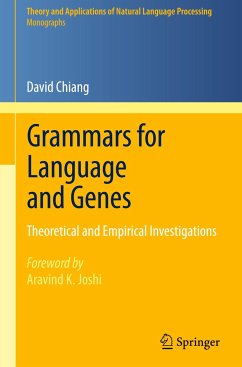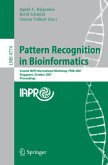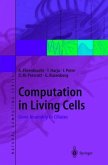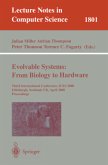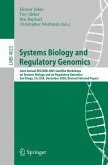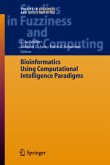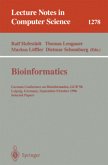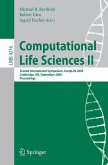Grammars are gaining importance in natural language processing and computational biology as a means of encoding theories and structuring algorithms. But one serious obstacle to applications of grammars is that formal language theory traditionally classifies grammars according to their weak generative capacity (what sets of strings they generate) and tends to ignore strong generative capacity (what sets of structural descriptions they generate) even though the latter is more relevant to applications.
This book develops and demonstrates a framework for carrying out rigorous comparisons of grammar formalisms in terms of their usefulness for applications, focusing on three areas of application: statistical parsing, natural language translation, and biological sequence analysis. These results should pave the way for theoretical research to pursue results that are more directed towards applications, and for practical research to explore the use of advanced grammar formalisms more easily.
This book develops and demonstrates a framework for carrying out rigorous comparisons of grammar formalisms in terms of their usefulness for applications, focusing on three areas of application: statistical parsing, natural language translation, and biological sequence analysis. These results should pave the way for theoretical research to pursue results that are more directed towards applications, and for practical research to explore the use of advanced grammar formalisms more easily.

